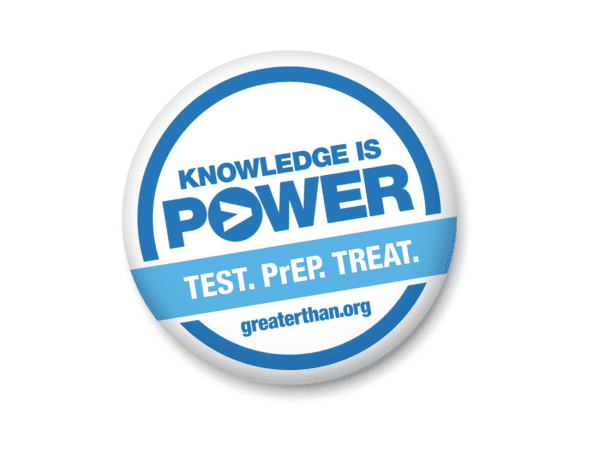PrEP Providers
Find health care providers knowledgeable about PrEP for HIV prevention.
HIV Care, Treatment and Support Services
Ryan White and other HIV care centers, plus housing, mental health and substance abuse services.
Get FREE HIV Self-Tests by Mail
Take Me Home Tests by Mail
Together TakeMeHome offers up to two free HIV self-tests to U.S. residents (including Puerto Rico), 17 years and older. Get a test for yourself and one for a friend or partner.
HIV/AIDS Hotlines
Find your state’s HIV/AIDS hotline and Department of Health online resources for general HIV information, HIV testing and services and ADAP resources.
Health Insurance & Financial Assistance in Your State
Find out about health insurance options in your state including Medicaid and Medicare. You can also get information about the Ryan White and AIDS Drug Assistance Programs for people who need help paying for care.
